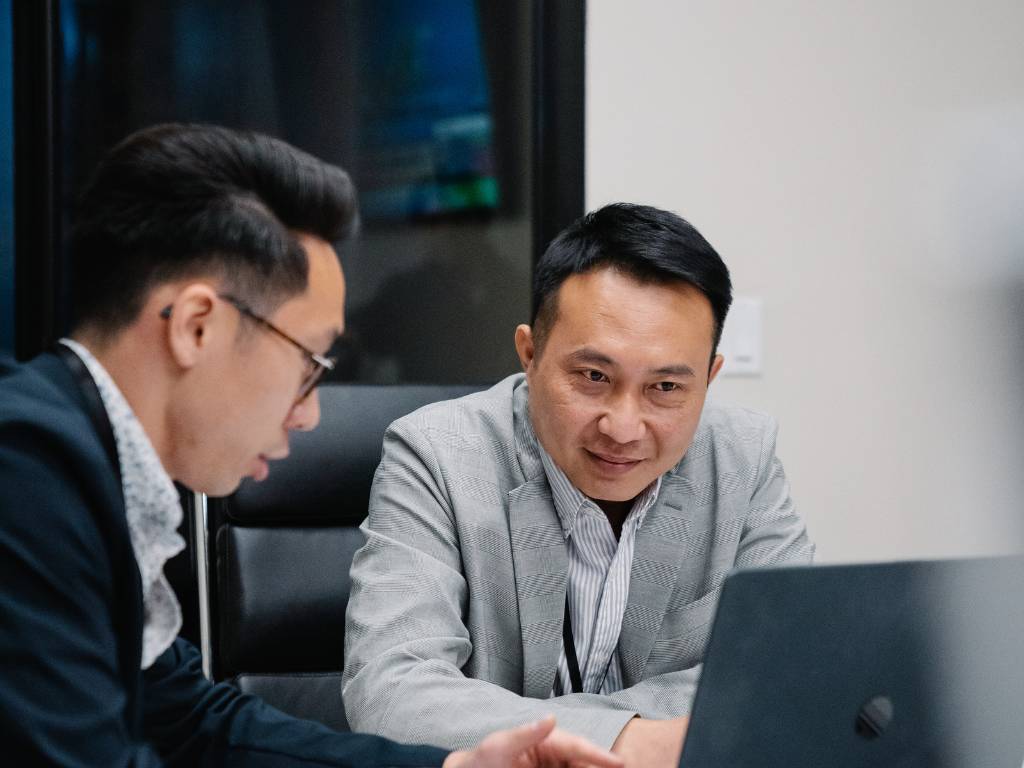Government Contract Proposal Production: Crafting Winning Submissions

Producing a winning proposal for a government contract is a meticulous process that demands clarity, compliance, and professionalism. Government contract proposal production involves organizing content, designing layouts, and ensuring all elements meet federal requirements while presenting your solution in the best possible light. A well-produced proposal not only captures the evaluator’s attention but also demonstrates […]
Federal Contract Competitive Bidding: Strategies for Winning

Federal contract competitive bidding is a cornerstone of government procurement, providing businesses with the opportunity to secure lucrative contracts by presenting the best value to federal agencies. However, the process is highly competitive, requiring meticulous planning, a clear understanding of federal acquisition regulations, and a compelling proposal that sets you apart from other bidders. This […]
Federal Contract Risk Mitigation: Strategies for Success

Federal contracts offer significant opportunities for growth and revenue, but they also come with unique risks. From compliance and performance issues to financial and operational challenges, government contractors must navigate a complex landscape to ensure successful contract execution. Federal contract risk mitigation involves identifying potential risks, developing strategies to address them, and implementing controls to […]
Government Contract Labor Regulations: Protecting Workers

Federal contractors must adhere to a complex set of labor regulations designed to ensure fair wages, benefits, and working conditions for employees. Government contract labor regulations not only protect workers but also promote ethical practices and compliance within the contracting process. For contractors, understanding and adhering to these regulations is essential to avoid penalties, ensure […]
Federal Contract Debriefing Analysis

Securing federal contracts is a competitive process, and even the most well-prepared proposals don’t always win. However, every proposal submission offers a valuable learning opportunity through federal contract debriefing analysis. Understanding the feedback from debriefings can help contractors identify strengths, address weaknesses, and refine their approach for future opportunities. This guide explores the purpose and […]
Government Contract Resource Planning: Ensuring Efficiency

Successfully managing a government contract requires meticulous resource planning. From personnel to equipment, every element must align with the project’s goals, timelines, and compliance requirements. Government contract resource planning ensures you allocate resources effectively, meet contractual obligations, and optimize performance throughout the contract lifecycle. This guide explores the key components of government contract resource planning […]
Government Contract Technical Writing: Crafting Proposals

Government contract technical writing is a critical skill for businesses aiming to secure federal contracts. The ability to communicate technical information clearly, concisely, and persuasively can set your proposals apart in a highly competitive marketplace. Technical writing for government contracts involves more than just describing your solution—it requires adherence to strict guidelines, precise language, and […]
Federal Contract Staffing Solutions

Federal contracts often demand specialized skills, rapid deployment of resources, and strict compliance with performance standards. Finding and managing the right talent is critical to meeting these requirements and ensuring project success. Federal contract staffing solutions help contractors identify, recruit, and retain qualified personnel to fulfill contract obligations efficiently and effectively. This guide explores the […]
Government Contract Audit Preparation

Government contract audits are an integral part of working with federal agencies, ensuring contractors adhere to financial, regulatory, and performance requirements. Proper preparation is essential to avoid compliance issues, penalties, or disqualification from future contracts. By understanding the audit process and taking proactive steps, your business can successfully navigate audits and maintain strong relationships with […]
Federal Contract Closeout Procedures: Successful Completion

Successfully completing a federal contract involves more than delivering goods or services—it requires adhering to detailed closeout procedures. Federal contract closeout ensures all obligations are met, payments are finalized, and the contract is formally closed in compliance with federal regulations. A smooth closeout process not only reflects well on your performance but also lays the […]
